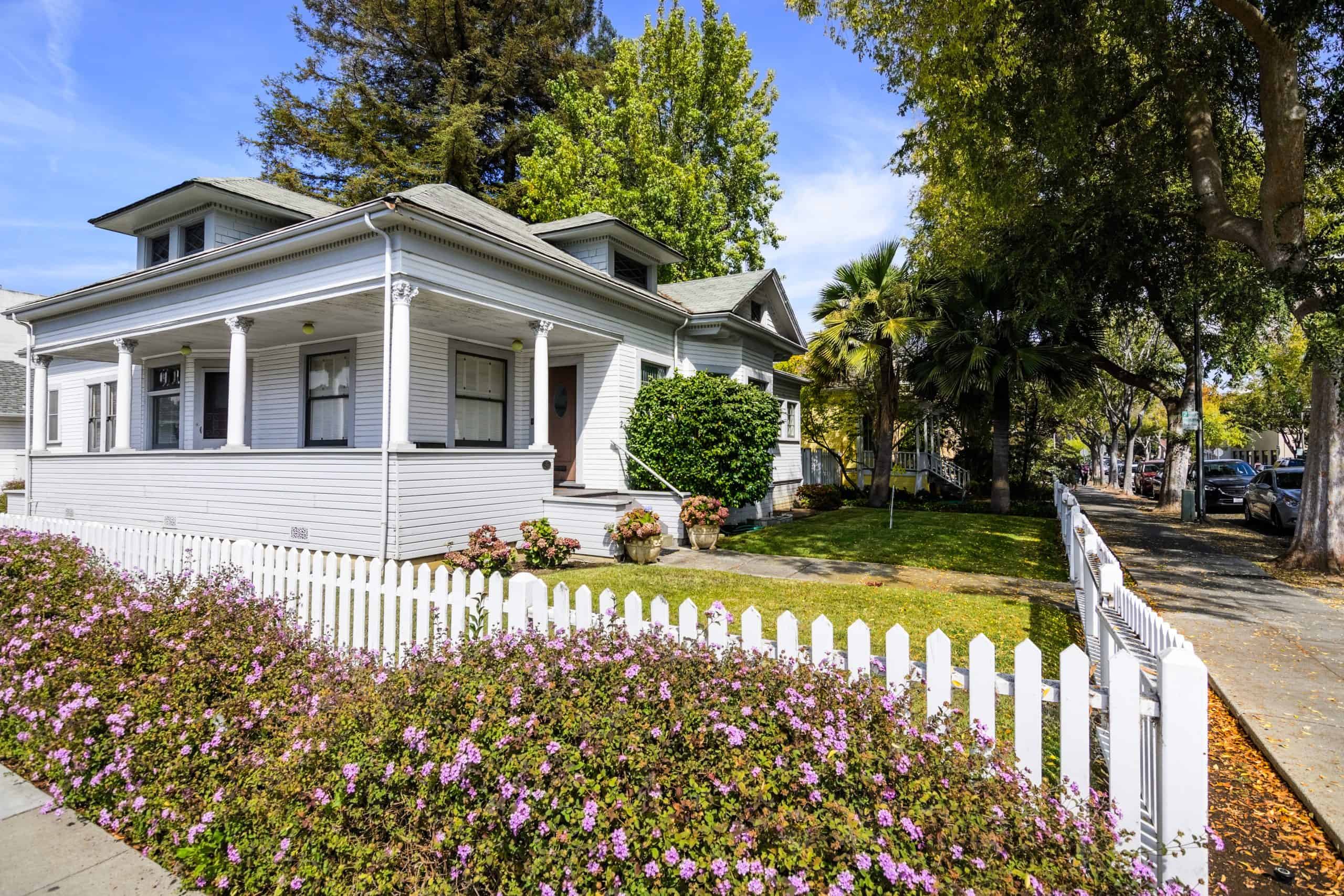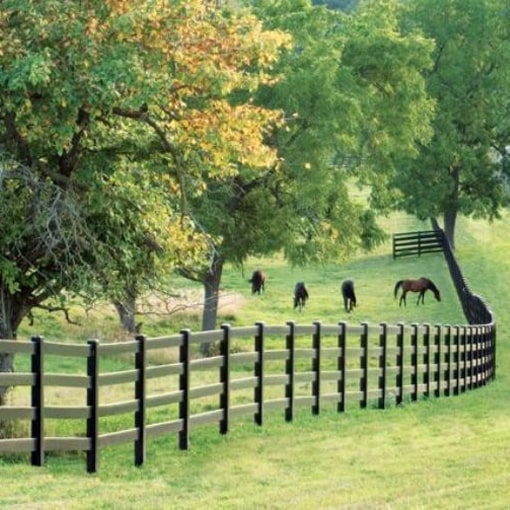All Categories
Featured

When setting up a fence, choosing the ideal product is essential to stabilizing functionality, aesthetics, and budget. Wood, vinyl, and aluminum are amongst one of the most frequently selected fence products, each with its disadvantages and staminas. This guide checks out the advantages and disadvantages of these choices to help you make an informed decision.

Timber Fencing. Pros:. All-natural Beauty: Wood's ageless charm can enhance any home with its warm and timeless appearance. Adjustable: You can repaint, discolor, or carve timber to fit your design preferences. Budget-friendly: Wood secure fencing is at first more economical contrasted to some other products. Eco Friendly: As a renewable energy, wood is biodegradable and typically considered environmentally friendly. Cons:. Maintenance-Intensive: Routine securing, painting, or staining is required to stop damages from weather condition and insects. Prone to Decay: Without correct care, timber can rot, warp, or fracture in time. Much shorter Lifespan: On average, wood fencings last 10-15 years, depending on the kind of wood and upkeep. Wood is an excellent option for those who value visual appeals and want to buy regular upkeep to maintain its look and resilience.
Plastic Secure Fencing. Pros:. Low Upkeep: Vinyl calls for very little care-- simply occasional cleansing with soap and water. Weather condition Resistant: It doesn't warp, rot, or catch insect damages, making it very durable in numerous environments. Durability: Plastic fencings can last 20-30 years with little to no repair work. Style Selection: Available in a vast array of colors, designs, and appearances, consisting of wood-like looks. Disadvantages:. Higher First Expense: Vinyl fences are more costly ahead of time compared to wood. Susceptability to Cold: In exceptionally winter, vinyl can become prone and breakable to splitting. Minimal Fixing Options: Matching substitute panels can be testing if damage happens. Vinyl fencing is perfect for property owners seeking a long-lasting, low-maintenance solution that offers modern-day adaptability.

Aluminum Fencing. Pros:. Rust-Proof: Aluminum withstands corrosion, making it an outstanding choice for damp or moist environments. Durable: Regardless of being lightweight, aluminum is solid and can endure severe weather conditions. Low Upkeep: It needs marginal maintenance, usually just periodic cleansing. Long Life expectancy: Light weight aluminum fencings can last years without substantial damage. Stylish Layout: Typically made use of for ornamental purposes, light weight aluminum fencing includes a sleek, sophisticated appearance to properties. Cons:. High First Investment: Aluminum fencings are among the costlier alternatives on the market. Less Personal privacy: The open styles usual with light weight aluminum fencing don't give much privacy. Prone to Damage: While sturdy, light weight aluminum can dent if hit with sufficient pressure. Aluminum is an excellent choice for home owners focusing on looks and toughness without requiring much upkeep.
Making Your Choice. When choosing between aluminum, vinyl, or timber fence, consider your top priorities:
Timber fits those that appreciate an all-natural look and do not mind placing in upkeep effort. Plastic is the most effective option for those looking for a low-maintenance, weather-resistant remedy. Light weight aluminum provides streamlined design and long-lasting durability yet may lack privacy. By thoroughly examining these products' functions, you can choose a fencing that matches your residential or commercial property while meeting your practical and visual demands.
Latest Posts
Take Advantage of Exclusive Auto Repair Offers in Chicago at Montclare Auto Repair
Published en
1 min read
Uncover Auto Services & More: Comprehensive Auto Care Solutions from Montclare Auto Repair
Published en
1 min read
How to Know When Your Car Needs Expert Car Repair at Montclare Auto Repair
Published en
1 min read
More
Latest Posts
Take Advantage of Exclusive Auto Repair Offers in Chicago at Montclare Auto Repair
Published May 31, 25
1 min read
Uncover Auto Services & More: Comprehensive Auto Care Solutions from Montclare Auto Repair
Published May 26, 25
1 min read
How to Know When Your Car Needs Expert Car Repair at Montclare Auto Repair
Published May 25, 25
1 min read